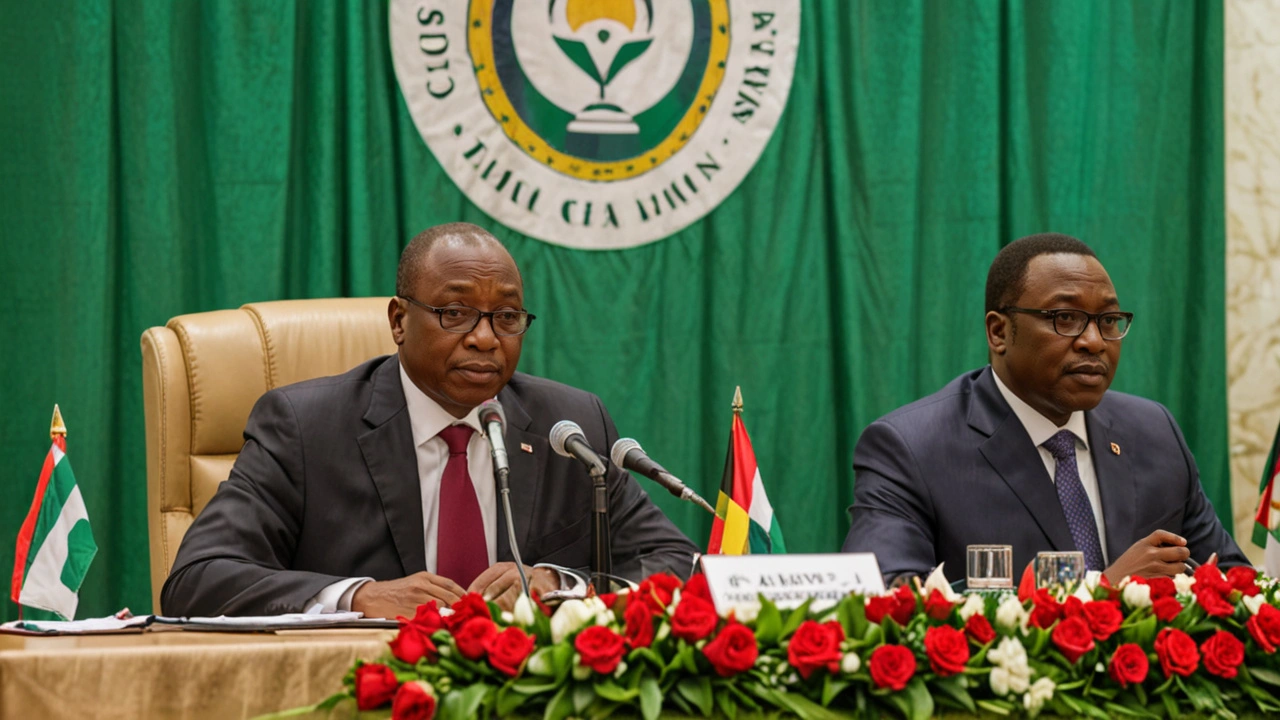Military Juntas: What’s Happening, Why It Matters
When the military takes power, life changes fast. Roads can close, phones can slow, and the rules you relied on yesterday may not apply today. If you follow African politics, you’ve probably seen how military juntas reshape governments and daily life — sometimes for years.
A military junta is simply a group of officers who seize control of a state’s government. They usually suspend constitutions, dissolve parliaments, and rule by decree. That may sound technical, but the effects are real: disrupted public services, shuttered schools, squeezed businesses, and sometimes violent crackdowns.
Why coups happen and what usually follows
Coups rarely come from nowhere. They often follow political deadlock, economic collapse, corruption scandals, or failing security. Armies step in claiming they will restore order. Some do hand power back; others stay for years. Watch for early signs: mass resignations, arrests of top officials, military patrols in cities, and sudden media blackouts.
After a takeover, emergencies are common. Borders may close. Aid and trade get delayed. Investors pull back. Ordinary people face shortages of food, medicine, and fuel. If you live in or near a country with a junta, plan for disrupted services and follow reliable local sources for safety updates.
How this affects daily life and regional politics
Junta rule changes more than government titles. It shifts who makes decisions on schools, health, and security. Neighboring countries often react — some condemn the move, others open doors to talks. Regional bodies like the African Union may suspend membership or demand elections. That matters because international pressure can help restore civilian rule, but it can also deepen isolation if the junta digs in.
For businesses and NGOs, uncertainty means paused projects and frozen funds. For citizens, it means tougher access to services and limits on speech. That’s why tracking developments fast matters: aid routes, market openings, and legal changes can shift day to day.
Want to know what to watch? Look for signs of transition plans: timelines for elections, talks with opposition groups, or power-sharing deals. Also watch for human rights reports and statements from regional bodies. These clues tell you whether a junta is preparing to leave power or planning to stay.
We cover each step closely. Expect ball-by-ball reporting on arrests, international reactions, and how policies change on the ground. Read local voices — activists, journalists, and residents — to understand everyday impacts beyond the official statements.
If you’re following a situation, stick to trusted sources. Verify social media posts before sharing. Look for independent local journalists, international wire services, and statements from regional organizations. Safety tip: avoid spreading unverified claims that can inflame tensions.
Browse our tag for timely reports, analysis, and explainers on military juntas across Africa. We aim to give clear updates you can act on or share with others who need reliable information right now.
- July 8, 2024
- Comments 13
- World News

